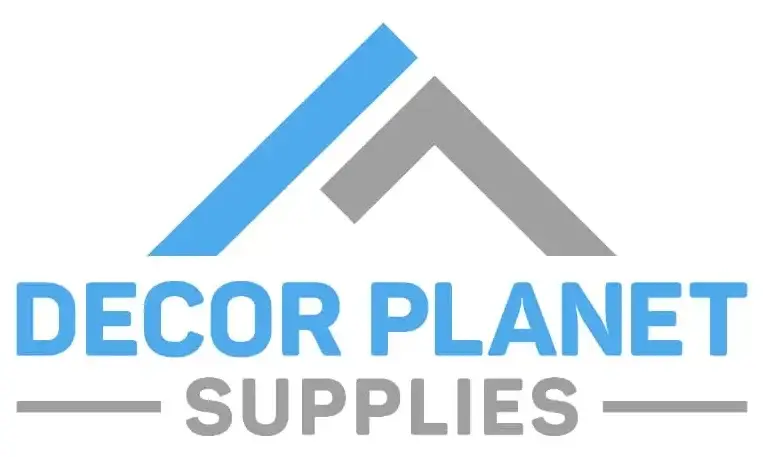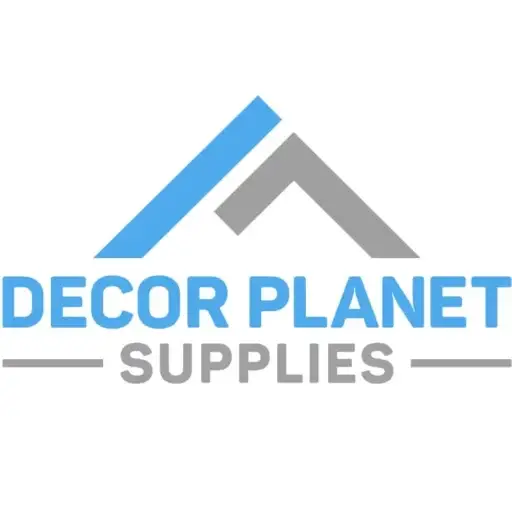Shower panels in the UK have become a popular choice for bathroom renovations. They offer a modern, stylish, and practical alternative to traditional tiling. These panels are designed to provide a seamless, grout-free finish that enhances the aesthetic of any bathroom while ensuring ease of maintenance and durability.
Benefits of Shower Panels
-
Easy Installation: Shower panels can be installed significantly faster than tiles, often up to five times quicker. They can be fitted directly over existing surfaces, including tiles, plaster, or plasterboard.
-
Low Maintenance: The absence of grout lines means there is no risk of mold or mildew accumulation, making cleaning a simple task with just warm water and mild detergent.
-
Waterproofing: Shower panels are 100% waterproof, ensuring they withstand the constant moisture in shower areas without degradation.
-
Style and Versatility: Available in a wide range of colors, textures, and finishes, shower panels can match any bathroom style or budget.
Types of Shower Panels
-
PVC Shower Panels: These are the most popular choice due to their affordability, ease of installation, and durability. They feature a honeycomb internal structure and are typically 10mm thick.
-
Solid Core Shower Panels: Constructed from materials like MDF or plywood, these panels have a waterproof laminate covering. They are sturdy but require proper installation to prevent water ingress.
-
Acrylic Shower Panels: Known for their high-gloss finish and ability to mimic glass-like surfaces, acrylic panels offer a premium aesthetic option. They can be customized with various prints and colors.
Differences Between Shower and Bathroom Wall Panels
-
Thickness: Shower panels are generally thicker (around 10mm) than bathroom wall panels (5-8mm) to withstand the high moisture levels in shower areas.
-
Design Purpose: While both are waterproof and easy to install, shower panels are specifically designed for use in shower cubicles to minimize seams and ensure durability.
Installation and Preparation
-
Preparation: Ensure the wall surface is clean, dry, and smooth. Any unevenness or damage should be repaired before installation.
-
Installation: Use tongue and groove or square edge fixing systems depending on the panel type. Trims are available for corner installations and finishing touches.
Conclusion
Shower panels in the UK offer a modern, efficient, and stylish solution for bathroom renovations. With their ease of installation, low maintenance requirements, and variety of styles, they are an attractive alternative to traditional tiling. Whether you’re looking to enhance the aesthetic of a new bathroom or upgrade an existing one, shower panels are a versatile and practical choice.

